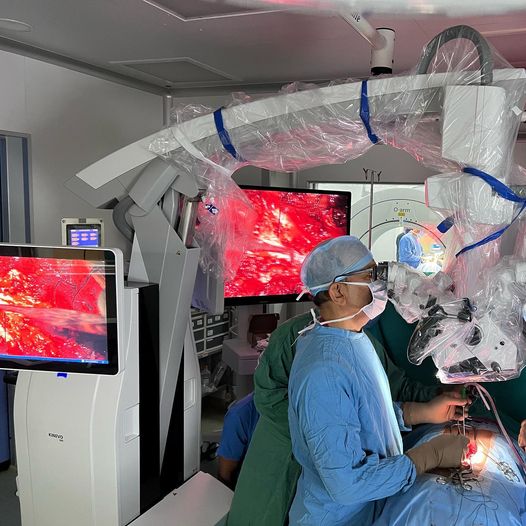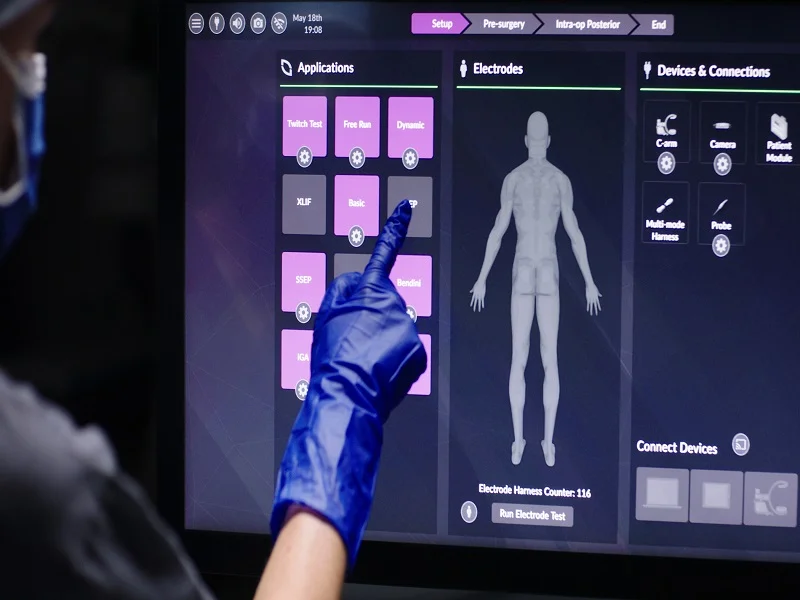Artificial intelligence (AI) is a rapidly growing field that has the potential to revolutionize the field of spine surgery. AI-based technologies can help to improve the accuracy, efficiency, and safety of spinal procedures by providing real-time guidance and analysis during surgery.
One of the most promising applications of AI in spine surgery is in the field of image-guided surgery. AI-based algorithms can analyze preoperative images of the spine, such as CT or MRI scans, and provide real-time guidance during the procedure. This can help to improve the accuracy of spinal instrumentation and reduce the risk of complications.
Another area where AI is being applied in spine surgery is in the analysis of patient outcomes. AI-based algorithms can analyze data from patient outcomes to identify predictors of success or failure. This can help to improve the quality of care for patients and to identify areas for improvement in surgical techniques and patient selection.

AI-based systems are also being developed for the preoperative planning of spinal procedures. These systems can analyze patient-specific data and generate surgical plans tailored to each patient’s unique anatomy and pathology.
AI-based technologies are also being developed to analyze the kinematics of the spine during movement and to help in the diagnosis of spinal disorders.
Overall, the use of AI in spine surgery has the potential to improve the accuracy, efficiency, and safety of spinal procedures, and to help to improve the outcomes for patients. However, it is important to note that AI-based technologies are still in the early stages of development and further research is needed to fully realize their potential in the field of spine surgery.

